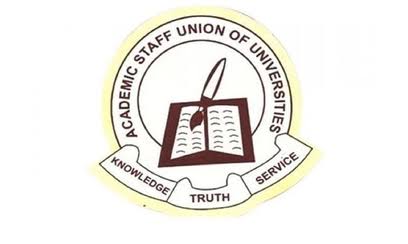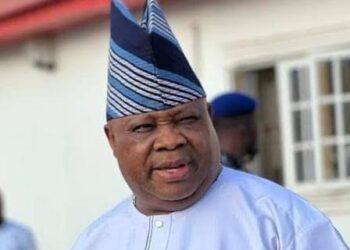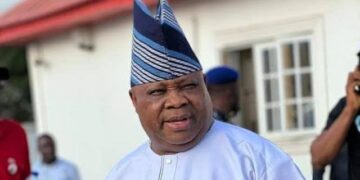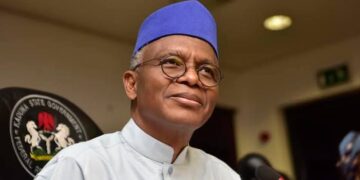With barely days left before the Academic Staff Union of Universities (ASUU) exhausts its one-month suspension window, the Federal Government has intensified negotiations in a bid to stave off another round of industrial action that could again paralyse academic activities across public universities.
The Yayale Ahmed Renegotiation Committee has scheduled two high-level meetings for Monday, November 24, and Tuesday, November 25, 2025, as government officials scramble to address lingering grievances raised by the university lecturers’ union.
Sources familiar with the process confirmed that ASUU’s National Executive Council (NEC) will be convening shortly after the renegotiation meetings to review the government’s actions so far. A senior NEC member, who spoke on condition of anonymity due to the sensitivity of the matter, disclosed that the union’s final decision including the possibility of resuming strike will be based strictly on what it assesses as “concrete progress.”
Background to the Impasse
ASUU had suspended a two-week warning strike on October 22, granting the government a one-month grace period to act on longstanding demands. Central to these demands are:
- A comprehensive review of the 2009 FG–ASUU Agreement
- Payment of outstanding salaries and earned academic allowances
- Release of the University Revitalisation Fund
- Clear timelines for implementation of the negotiated commitments
The union had publicly warned that it will embark on a nationwide indefinite strike “without prior notice” if the Federal Government failed to demonstrate verifiable steps within the agreed window.
Government’s Position and Internal Dynamics
Despite the union’s reservations, the Minister of Education, Dr. Tunji Alausa, has consistently maintained that the Federal Government has “met virtually all” the union’s requirements.
Speaking to State House correspondents two weeks ago, Alausa reiterated President Bola Tinubu’s directive that public universities must not experience another closure. He stated that ongoing engagements with ASUU were yielding progress, noting that the ministry had reopened negotiations and was encouraging the union to remain at the discussion table.
“As I told you, the President has said that he doesn’t want ASUU to go on strike, and we’re doing everything humanly possible to ensure that our students stay in school,” the minister said.
“The last strike they went on for about six days was not really needed. We’re talking to them; we’ve met literally all their requirements. Now we’ve gone back to the negotiation table. We’re talking—as I spoke to the leadership this morning.”
Alausa added that part of his recent briefing to the President involved presenting updates on the ASUU negotiations and seeking additional executive backing to finalise areas still under contention.
Looming Questions
Despite the minister’s assurances, discrepancies remain between ASUU’s claims of unmet commitments and the government’s assertions of progress. Analysts note that this recurring disconnect rooted in documentation lapses, stalled disbursements, and lack of clear timelines—has historically fuelled mistrust between both sides.
As the November 24–25 negotiations approach, concerns persist within the academic community that another breakdown could trigger yet another cycle of nationwide university closures—disrupting academic calendars, research schedules, and the long-term stability of Nigeria’s higher education system.
All eyes will now be on the renegotiation committee’s outcomes, and ultimately on ASUU NEC’s final verdict in the coming days.




































